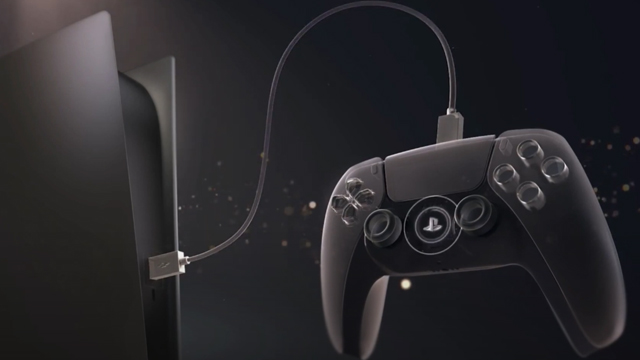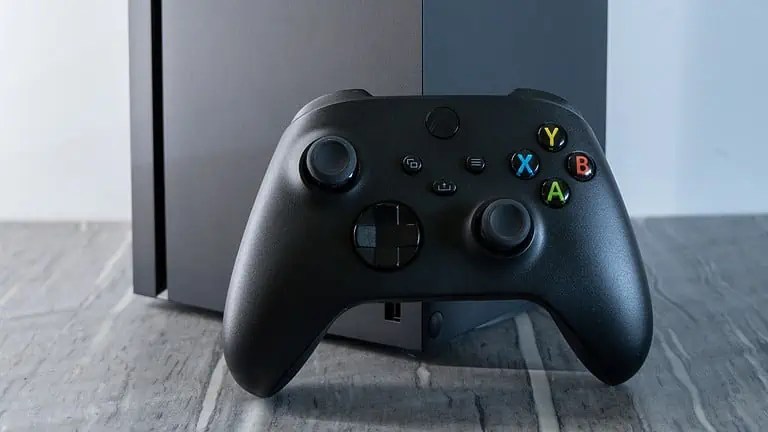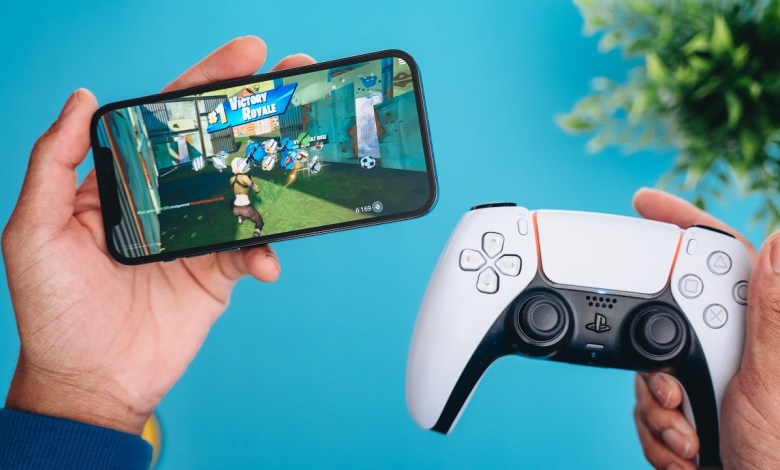Tips
5 reasons enough to convince you to switch from a personal computer to home appliances.
Advertisement
PC gaming is no longer the same as it was in its inception and before the advent of home appliances, as the device requires many modifications and continuous developments from you throughout the year, in addition to corresponding specifications that may conflict with some games or even with each other, which causes much of the real power to be retained. for the device.
All of these issues can be a reason for you to not enjoy some games, whether due to malfunctions and compatibility issues or intermittent issues during gameplay, which can be a strong reason for you to abandon the game and look for something different.
All of these issues aren't present in appliances that are designed to be a single unit with specific features recognized by developers who create their games to run on them without compatibility issues, etc. Just press the play button and start playing until you feel complete and satisfied.
Here in this report, we will talk to you about 5 reasons that are enough to convince you to switch from a personal computer to home appliances.
The cost of purchasing home gaming devices is low
The average price of home gaming devices doesn't exceed US$1,000 at best. This amount is enough to get you a device with the latest version and start playing at the highest quality. But if you're willing to invest that much in a personal computer, we don't believe you'll find a device with specifications that can match those of a home gaming device with the same capabilities.
The graphics card alone would cost you $1,400. That's not counting other components like RAM, SSD storage, CPU, etc. All of these components are essential in a personal computer, and you might need 2-3 times the price of a home computer to get a computer with adequate gaming capabilities.
For US$1,500, you can get a PS5 or Xbox Series X and enjoy high-quality gaming without any annoying technical issues you might encounter.
exclusive titles
What distinguishes home gaming devices like the PS5 or Xbox Series is the presence of exclusive titles that each company producing these devices is trying to update to attract more customers to their devices and services. Of course, this kind of competition, which positively impacts gamers, isn't seen in the PC world.

It's true that Microsoft releases some of its titles on computers, and although Sony has begun to share some of its exclusive games with the computing public, these titles remain limited and don't arrive at the same time as they reach home appliance owners.
Big games like God of War Ragnarok, The Legend of Zelda: Tears of the Kingdom, and other major titles are still reserved for home hardware owners, and you may have to wait several years to get them.
Games are well-tuned for home devices
The best thing about home gaming devices is that they operate on the concept of a SoC, where all operating components, such as the graphics card, processing unit, RAM, and storage unit, are placed on a single electronic chip. By using a custom operating system, this ensures maximum compatibility between these units, giving developers great opportunities to fine-tune their games and reduce issues that may arise due to incompatibility.

Unlike personal computers that use parts that can be exchanged and modified according to the user's wishes, this feature can cause many problems due to incompatibility between operating units, in addition to the existence of many wasted resources due to the indirect connection between these units.
For example, while PS5 and Xbox Series console owners were enjoying the recently released Hogwarts Legacy, many PC owners were experiencing filtering issues that made it unplayable for some players.
Home appliances are immune to hackers and hackers
Online and battle royale games are rife with people using cheating apps and systems to gain easy victories and ruin other players' experiences. The majority of these players are primarily PC users.

Through a personal computer, it is possible to use cheating programs or artificial intelligence applications that can interfere with the game system and help the player win through cheating.
This isn't available on home devices, as multiplayer networks connected to these devices ensure a clean gaming environment. Players can't use malicious apps or artificial intelligence because these platforms' systems are closed and protected by complex, hard-to-penetrate systems.
Even on personal computers, through the use of malicious applications and software, breaches can be created that allow hackers to access your private accounts, leaving you exposed to theft or fraud. Of course, this rarely happens with home appliances.
Lie down on your soft sofa and start playing.
This is perhaps one of the most important features of home appliances that can be networked to your big screen, recline on your favorite sofa and start playing remotely thanks to the wireless controller and big screen.

Of course, this is difficult to do if you're using a personal computer that forces you to sit in front of a small screen just a few inches from your eyes. You can't escape to lie down on the couch because you need to be close to the keyboard and mouse.
These 5 reasons may be enough to convince you to switch from a personal computer to home appliances. Share with us your most compelling reason for making such a crucial decision.





